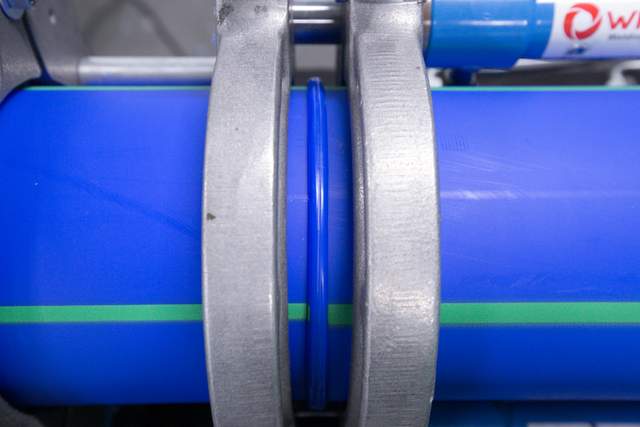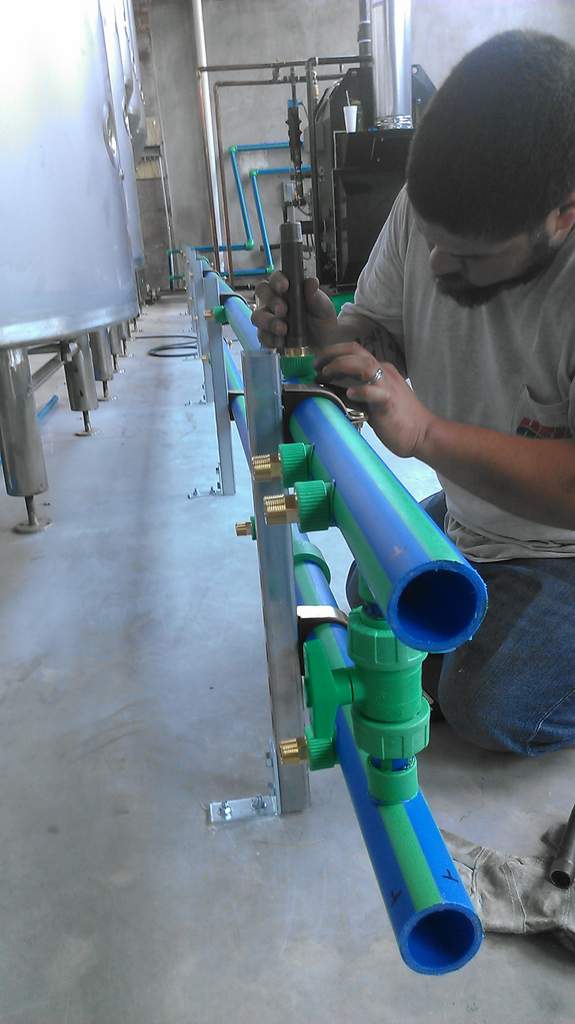TURKEY - USA - PANAMA - BULGARIA
Polypropylene pipe: It’s lightweight, long-lasting, easy to work with...
For more detailed information about our products and servicesCall Now!
USA & S. America +1 305 307 8483 EU& Middle East: +90 212 401 4155
Call Now!



